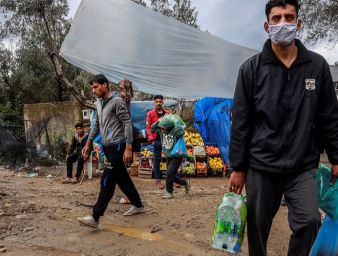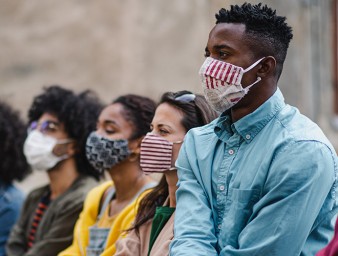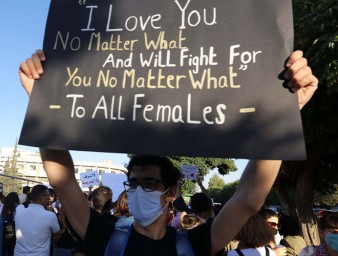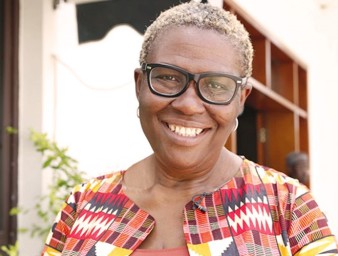Communities all around the world are showing solidarity and compassion to help each other through the COVID-19 pandemic
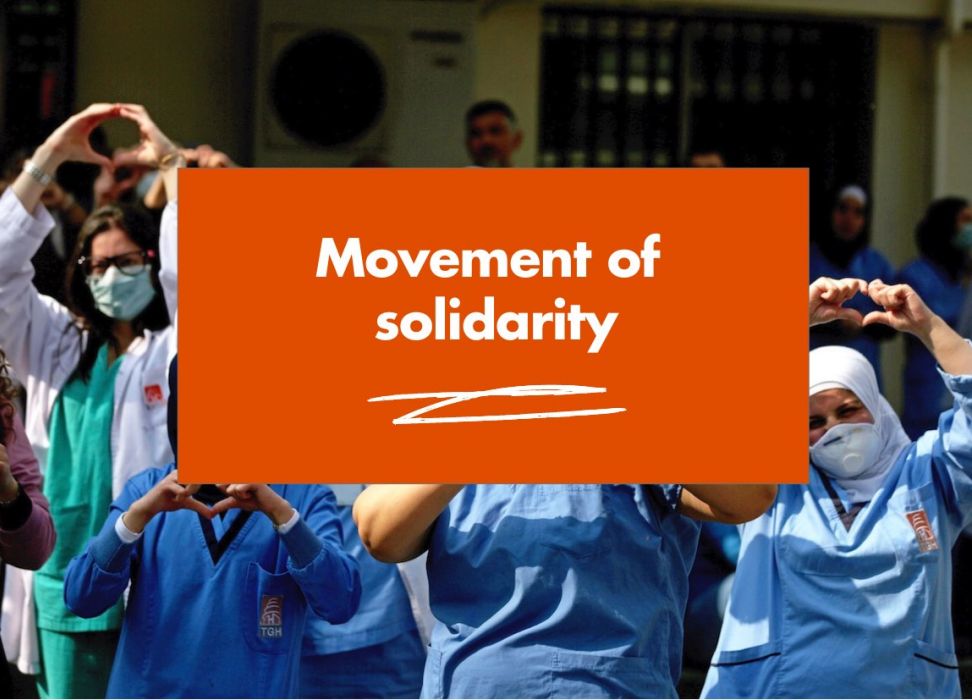
In Germany, LGBTI people are going online to support marginalized individuals, especially the elderly and the sick. Volunteers are encouraged to take them for walks, as long as they can keep a safe distance and wear a mask. A call chain has also been set up in order to leave no one behind.
In Kenya, popular hip hop artist Juliani staged an online concert to draw attention to the social inequalities exposed by the COVID-19 pandemic that has caused multiple challenges for the country’s poor.
In India, people have come together to go the extra mile and lend a hand. Several initiatives- from distributing food to migrant workers to buying protective gear for healthcare workers - brought a sense of solidarity among the society.
In South Africa, the C19 People’s Coalition, an alliance of more than 250 civil society organisations established to help address the needs of the marginalised during the pandemic, has been working on a model to help feed those who are going without food, for whom hunger has become a more immediate concern than the risk of contracting Covid-19.
In the Czech republic, the Czech Vietnamese community has played a major role during the pandemic by sewing masks and providing free refreshments. This wave of solidarity has put the Czech Vietnamese community in the spotlight and has challenged the perception of the community in the society.
In Lebanon, artists cheered up medical workers’ life amid Covid-19 pandemic fight.
In Senegal, the members of a Senegalese association who used to distribute meals during Ramadan, have adapted their actions by distributing food kits to needy families.
In the United States, a New York advocacy group is determined to keep homeless teens off the streets and formerly incarcerated young adults out of jails during the coronavirus pandemic.
In Mexico, women are making masks, suits and face shields to protect healthcare workers in Chiapas. The moment they published their project on social media, they began receiving calls and support from other people.
Disclaimer: The views, information and opinions expressed in this article are those of the persons featured in the story and do not necessarily reflect the official policy or position of the Office of the UN High Commissioner for Human Rights.
